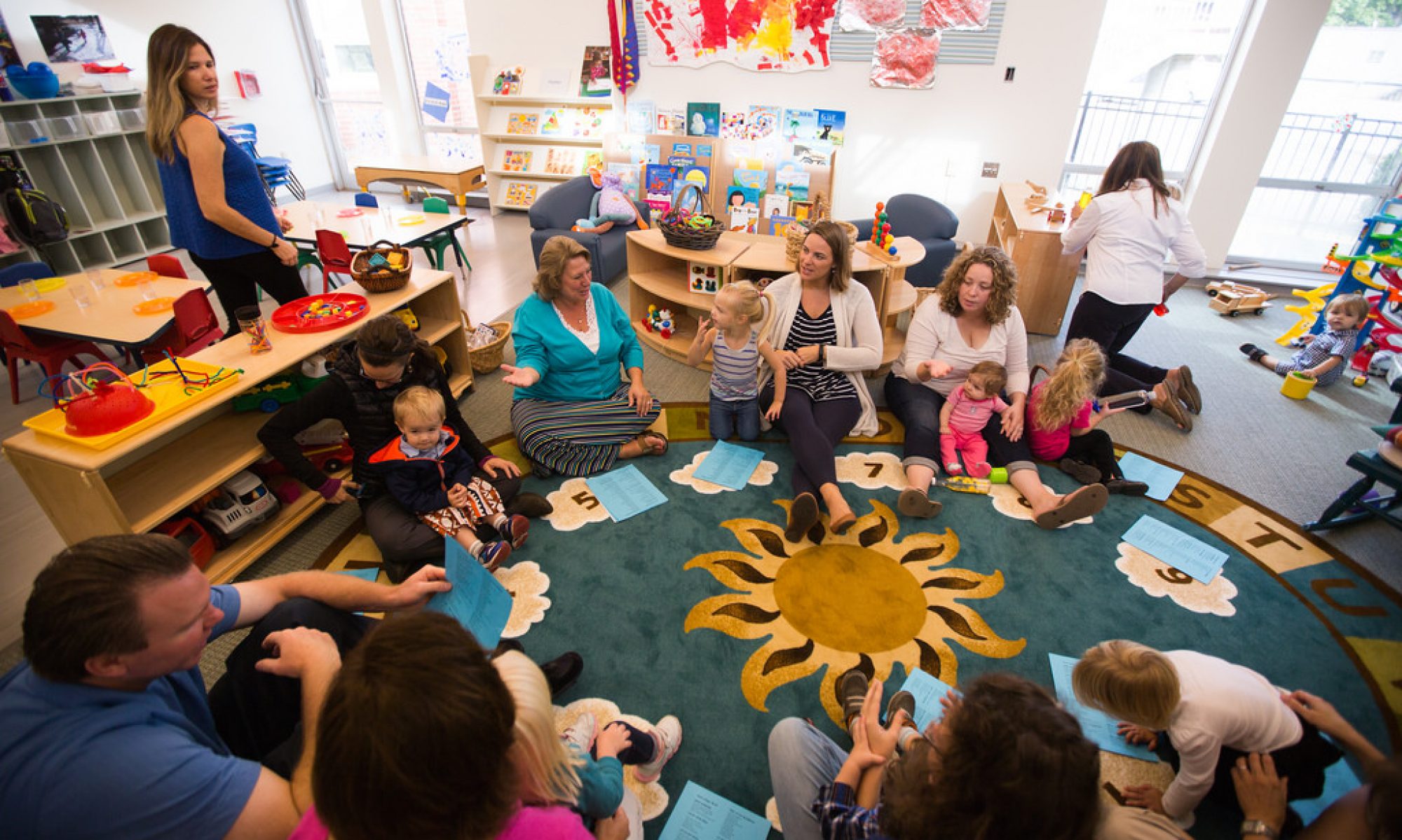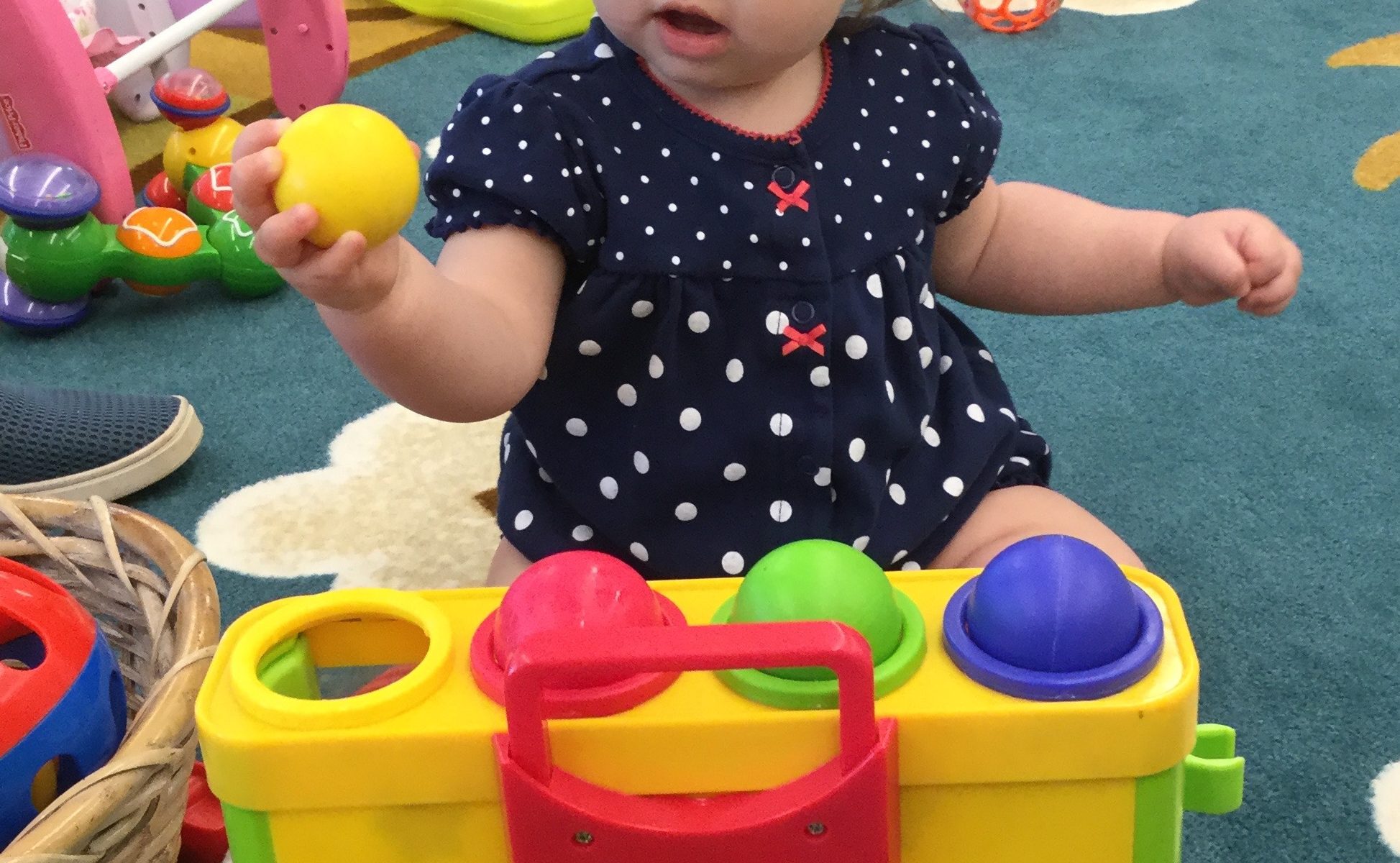 How fascinating are the seemingly innate special interests of children!
How fascinating are the seemingly innate special interests of children!
Becky at ten months is intrigues by mobiles. The mobile in the ACORN office gets her attention repeatedly over the many other toys she is offered. A month ago, toys with strings held her interest.
At the same age, John sought out balls. If there was a ball within sight, he’d find it.
As for Cindy, almost from birth, she was on the move. She practiced motor skills to the extent that she crawled well at six months and walked at nine months.
Along with an overpowering curiosity, Randy, at a year, practices fine motor skills. He loves to put pegs and keys in holes, clothes pins on cans, and make things work.
Wendy is obviously interested in people. She intently watches other children and adults and shows her affection by giving loving hugs to anyone who will accept them.
Craig was fascinated by symbols and insisted on knowing names for those funny marks we call numbers and letters. This led to early interest in reading.
Some of these are changing interests; others are continuing ones, but they all point to individuality. Since there is need in the adult world for many types of specialists, it is well that our children don’t all have exactly the same interests and talents. On the other hand, in order to work well together, we want them to broaden their interests to the extent that they can understand others and enjoy themselves in a variety of situations.
Parents can help their children by recognizing and appreciating interests and talents and by providing special opportunities or equipment to develop these talents. They should also be aware that it may be possible to promote one-sided development by providing toys and opportunities only in the area of a child’s or parents’ interests.
Principia has always been concerned with the need to educate the “whole man.” This means development of mental, social, physical, moral, and spiritual capabilities. Curriculum and programs are adopted with this goal in mind. Parents might also like to consider this educational goal.
If a child excludes certain activities because of an all-consuming interest, it may be necessary to look for special ways to encouraged needed skills. It takes ingenuity and effort on the part of a parent to find a way of helping a child to develop a needed skill in which he lacks interests. The skill should be presented in ways that will lead to success. Perhaps a young ball-lover can learn to identify balls by color and size. He may roll the ball “under,” “over,” and later, to the right or left of objects. He may count the number of times he throws a bean bag onto various cardboard shapes. He could listen to and make up stories about sports.
The intellectually inclined child might enjoy counting the times he bounces the ball of swings in the swing. Perhaps he will ride his tricycle to go on a secret mission. His parents may need to provide play equipment which is especially interesting to him as well as a small pool or opportunity to play and swim in a pool.
A child should not be forced to use equipment or develop skills but should be led to discover that he can succeed in a way that will encourage his to do more. Ridicule or coercion will merely intensify his image of himself as a non-participant.
Children who love sociability may profit by playing learning games with others, or by playing games of skill. Some parents may need to put limitations on the continuous social contacts of a friendly activity or a book. Others may need to make efforts to invite friends over to play with a child who is satisfied with solitary pursuits.
One child may seem to have all-consuming interest, while another appears to be interested in everything. What folly it is to judge a child or his parents because that child is not like another child or a so-called norm! Each child will thrive and make a contribution to our society if he is enjoyed and encouraged.

